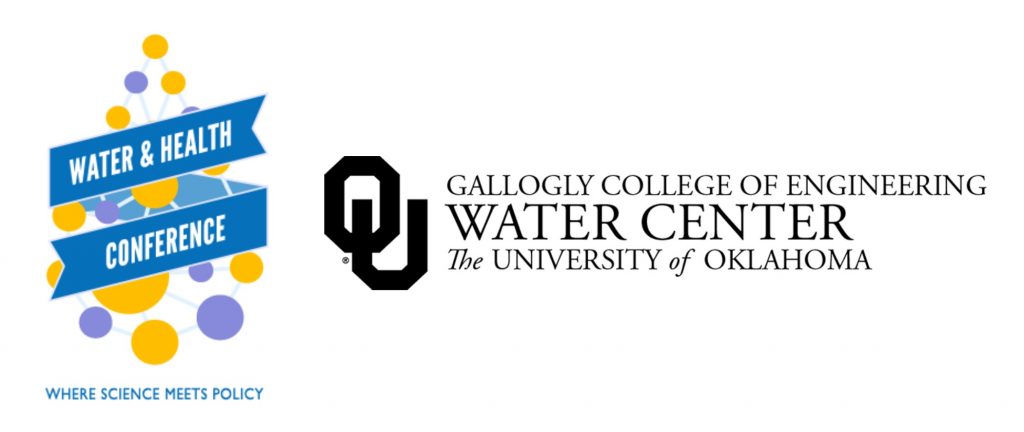The SMART Centres will be represented by Henk Holtslag on two upcoming conferences in the US in September and October. Both conferences have sessions on Self-supply and how Self-supply helps to reach the SDGs.
The Oklahoma University WaTER conference takes place on September 16th.
The UNC Water and Health conference take place on October 11.

OU WaTER Conference – September 16
SDG6.1 – Affordable Water for All – Self-supply: Benefits, Concerns and Case study
Presented by: Mike MacCarthy (Mercer University), John Butterworth (IRC WASH), Jake Carpenter (EPA), Laura Brunson (Millennium Water Alliance) and Henk Holtslag (SMART Centre group).
This session will feature presentations about what Self-supply is and case studies and examples of Self-supply in the United States, Tanzania, Nicaragua and Zambia. There will also be a debate where participants are given the opportunity to consider the pros and cons of Self-supply. Following the debate there will be a global overview of Self-supply and financial ramifications. This will be a one-hour session.
Presentations are accessible on the resource page.
UNC Water and Health Conference – October 11
SELF-SUPPLY: Towards Affordable Water for All -Benefits, Concerns, and Case Studies
Convened by: Convened by: Mercer University, Millennium Water Alliance and IRC
As improved water supply coverage grows, those left behind are often the most expensive to serve – households in remote areas and/or with low density populations. Globally, those left un-served or poorly served often resort to their own solutions such as self-supply. Estimates suggest 22% of rural America and higher proportions in rural South Asia obtain most of their water through self-supply. A few countries are beginning to develop such support services, having found that without including self-supply, universal coverage as noted in SDG 6.1 cannot be achieved. There are many interesting lessons to be learned about self-supply activities being conducted across many countries in sub-Saharan Africa, but also many differing viewpoints about the benefits, challenges and negative aspects. This side-event will focus on three key aspects: information about self-supply will be shared by defining it, offering examples, and examining how it works; information about self-supply across sub-Saharan Africa and examples of some of the interesting implementation activities; and delving into the arguments for and against self-supply.
SELF-SUPPLY: The Potential Role of SMART Centers as a Hub for Building Value Chains to Reach Those Being Left Behind with WaSH
Convened by: WaterAid
SMART Centers help to build WaSH supply value chains for those being left behind. At this moment, there are centers in six countries on two continents and the number is increasing. SMART Centers demonstrate a range of affordable WaSH solutions, like manual well drilling, rainwater harvesting, artificial groundwater recharge, low cost hand and solar pumps, sanitation solutions and household water treatment systems (filters). The side-event will focus on the key elements of a business model to the success of SMART Centers in propagating the acceleration of Self-supply in distinct local contexts.
